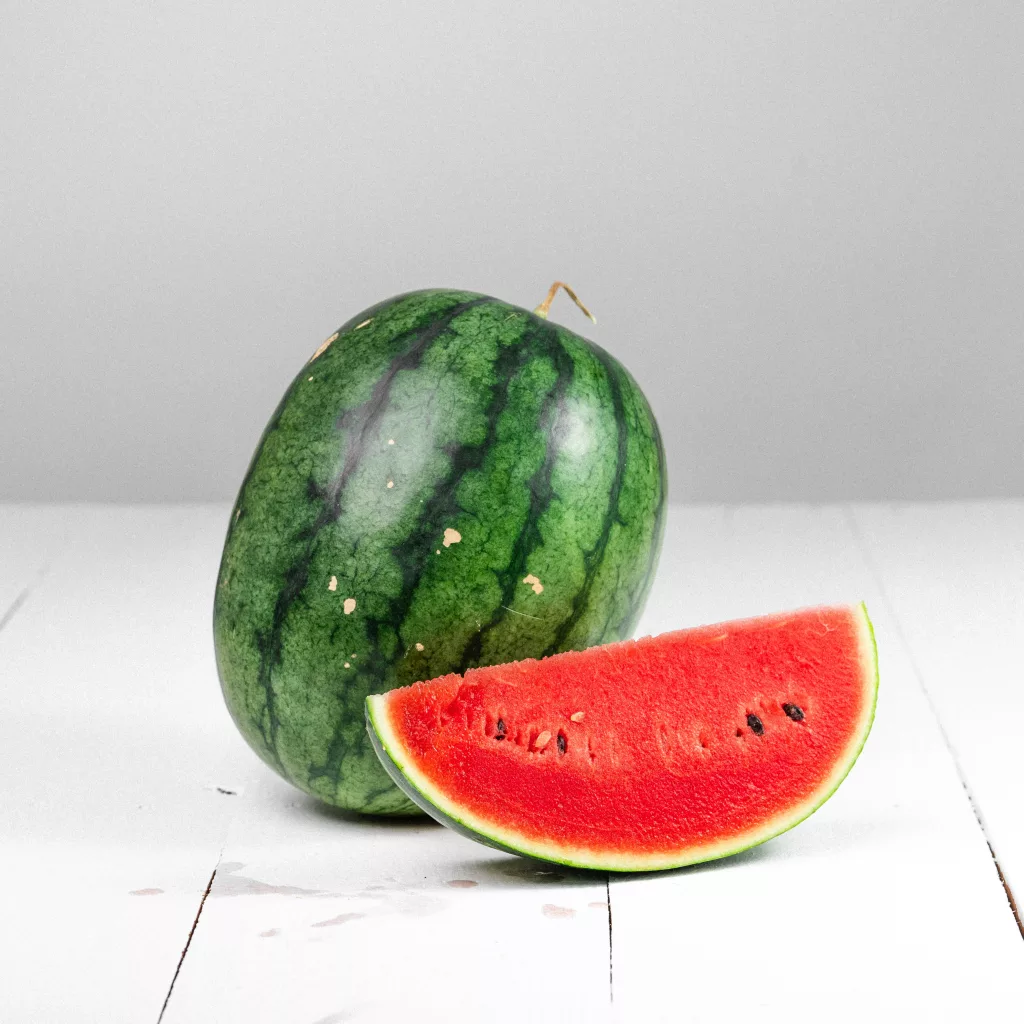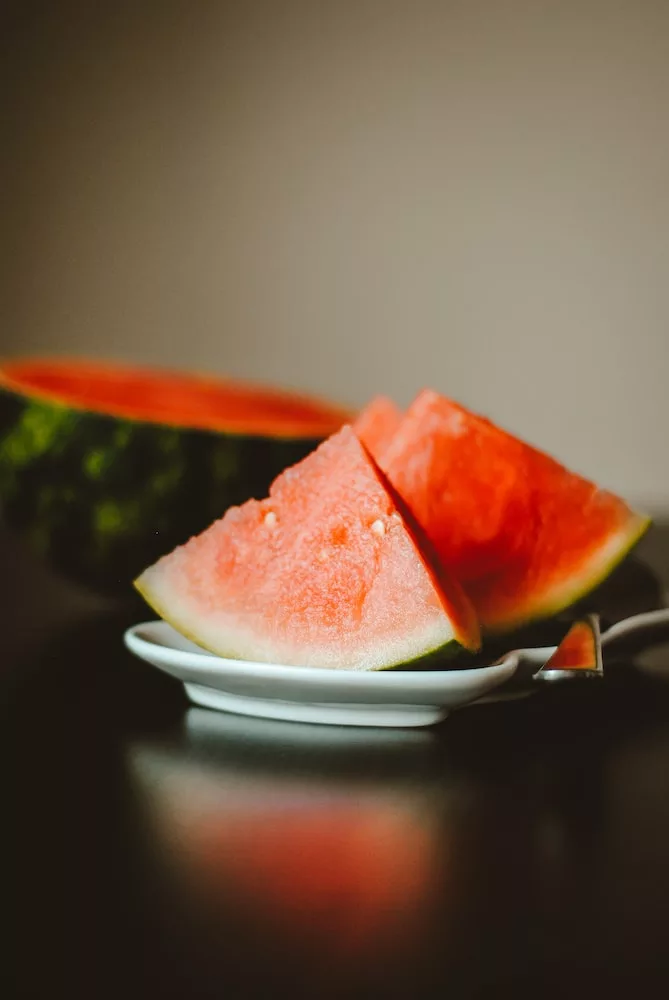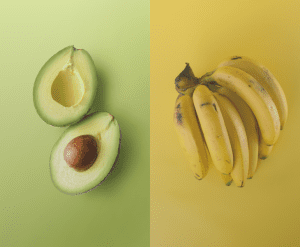How Often do You Enjoy Eating Watermelon?
When was the last time you indulged in the refreshing taste of watermelon? While its sweet flavor is irresistible, did you know that watermelon offers a wealth of health benefits that make it much more than just a delicious summer treat?
Watermelon, rich in essential nutrients, stands out as a top choice for a healthy snack. Among all fruits, watermelon truly lives up to its name, with an impressive water content of about 92%, making it one of the most hydrating fruits available.
Not only does watermelon keep you hydrated, but it’s also packed with vital vitamins and minerals. It’s a good source of vitamins A and C, potassium, magnesium, and other beneficial nutrients. Plus, with its high fiber content, watermelon is a guilt-free option, perfect for those mindful of their calorie intake.
Watermelon isn’t just a sweet treat; it’s a powerhouse of health benefits. Similar to its relative, the cucumber, every part of the watermelon is edible, although the juicy pink flesh is the most flavorful. Even the green rind, often discarded, has its uses and shouldn’t just be thrown into the compost bin.
In this blog post, we’ll dive into the numerous health benefits of watermelon that will undoubtedly leave you smiling.
The Bright Side and Juiciest Health Benefits of Watermelon
1. Watermelon Keeps You Hydrated
With its unrivaled water content of 92%, watermelon is one of the best fruits for keeping you hydrated. Hydration is crucial for maintaining overall health, especially as part of an anti-aging regimen.
Keeping your cells well-hydrated is essential, and watermelon is a delicious way to achieve that goal. Proper hydration also supports skin health, digestion, and energy levels.

2. Boost Your Physical Performance
Watermelon contains nitric oxide, a compound also found in beets, that’s known to enhance blood flow and increase the body’s oxygen uptake. This boost in oxygen delivery to muscles can significantly improve physical performance.
Snacking on watermelon regularly could make your workouts less strenuous and recovery times shorter. Whether you’re training for a marathon or simply enjoy a long run, adding watermelon to your diet could give you that extra edge.
3. Fights Inflammation
Antioxidants in watermelon play a critical role in combating inflammation by protecting cells from damage and reducing oxidative stress. Watermelon is particularly rich in lycopene and vitamin C, two potent antioxidants.
In fact, a two-cup serving of watermelon provides 12.7 milligrams of lycopene, more than any other fruit or vegetable. Regular consumption of watermelon can help ward off chronic diseases and support overall health by keeping inflammation at bay.
4. Supports Heart Health
The heart-healthy benefits of watermelon are largely due to its high lycopene content. Lycopene is a powerful antioxidant that helps reduce the risk of heart disease by lowering cholesterol levels and improving blood pressure.
Additionally, watermelon contains beta-carotene, another antioxidant that has anti-aging properties, keeping you youthful and active. The combination of vitamin C and potassium further enhances cardiovascular health by supporting healthy cholesterol levels and protecting against heart disease.

5. Protects Your Skin
Lycopene in watermelon is not just good for your heart; it also offers protection for your skin.
Consuming foods high in lycopene can enhance the effectiveness of topical sunscreen by reducing redness and erythema caused by UV light exposure.
Moreover, watermelon’s high vitamin C content aids in collagen production, a crucial protein that gives your skin its structure and elasticity. Without sufficient vitamin C, collagen production is impaired, which can lead to premature aging and skin damage.
6. Promotes Eye Health
Watermelon is rich in phytonutrients that are essential for maintaining good vision. Antioxidants such as lutein, vitamin C, and beta-carotene found in watermelon help prevent eye-related issues like cataracts and macular degeneration.
A single cup of watermelon provides over 450 mcg of beta-carotene, a carotenoid that the body converts into vitamin A, crucial for eye health. Regular consumption of watermelon can support your eyesight and help you maintain sharp vision as you age.
Watermelon: A Versatile and Nutrient-Packed Fruit
As we’ve explored, watermelon is an incredible fruit that’s not only delicious but also packed with nutrients. Whether you enjoy it as a refreshing snack, blend it into smoothies, or incorporate it into salads, watermelon offers a multitude of health benefits.
Its versatility extends beyond the flesh; even the rind can be used in various recipes or added to compost for an environmentally friendly option.
Call to Action
Ready to experience the health benefits of watermelon? Start incorporating this nutrient-rich fruit into your daily diet and enjoy the many ways it can enhance your well-being.
Try adding watermelon to your breakfast, post-workout snack, or even as a sweet treat after dinner. And don’t forget to share this post with your friends and family so they can also benefit from the incredible properties of watermelon!
For more tips on healthy living and delicious recipes, subscribe to our newsletter and never miss an update!
Authoritative Sources:
- Healthline: Watermelon Health Benefits
- WebMD: Nutritional Benefits of Watermelon
- Harvard Health: The Health Benefits of Lycopene
By regularly enjoying watermelon, you’re not only treating your taste buds but also making a smart choice for your health. Whether it’s staying hydrated, boosting your physical performance, or protecting your skin and heart, watermelon is a fruit that deserves a spot in your daily diet.









1 thought on “Unveiling the Surprising Health Benefits of Watermelon”